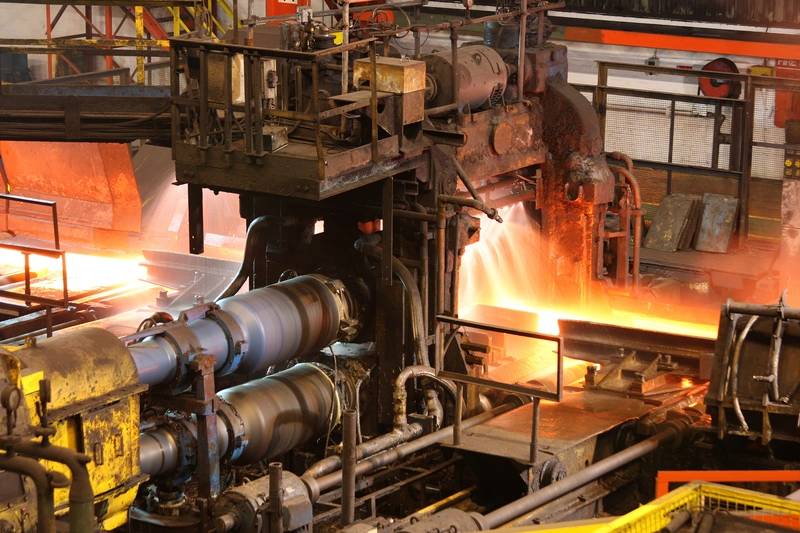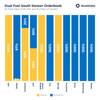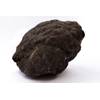Shipbuilding Drives Rise in Japanese Steel Output
Japan's crude steel output is expected to rise 1.9% in the January-March quarter from a year earlier, helped by a recovery in manufacturing including shipbuilding and machinery, its Ministry of Economy, Trade and Industry (METI) said last week.
This would mark the fourth straight quarterly increase and bring annual output for the financial year to March 31 to 97.07 million tonnes, up 17% from a year earlier when the COVID-19 pandemic pushed production to the lowest in about 50 years.

METI estimated crude steel output at 24.15 million tonnes for the three-month period, up from 21.34 million tonnes a year earlier, also reflecting a demand pick-up in the autos sector, where production has been hit by chip and parts shortages.
Japanese carmakers such as Toyota and Nissan have seen production cuts since the summer.
"Our forecast is based on an assumption automakers will boost output to recover a loss from the recent months," Daisuke Matsuno, director at the METI's metal industries division, said.
"But there is a downside risk if car output does not rise according to their plans," he told reporters.
Toyota said this week it would suspend production at five domestic factories in January due to supply chain issues, chip shortages and the pandemic.
Despite a steady recovery in crude steel production, the estimated annual output in the world's No.3 producer will fall short of the pre-pandemic 2019 level of 98.43 million tonnes.
"That is because of mixed reasons, including slow automobile production and reduced steel output capacity," Matsuno said.
Nippon Steel shut a blast furnace in Kure, western Japan, in September as part of its restructuring plan, announced early last year, to cut nearly 10% of its production capacity as a result of shrinking domestic demand and to cope with fierce global competition.
(Reuters)
Related News


